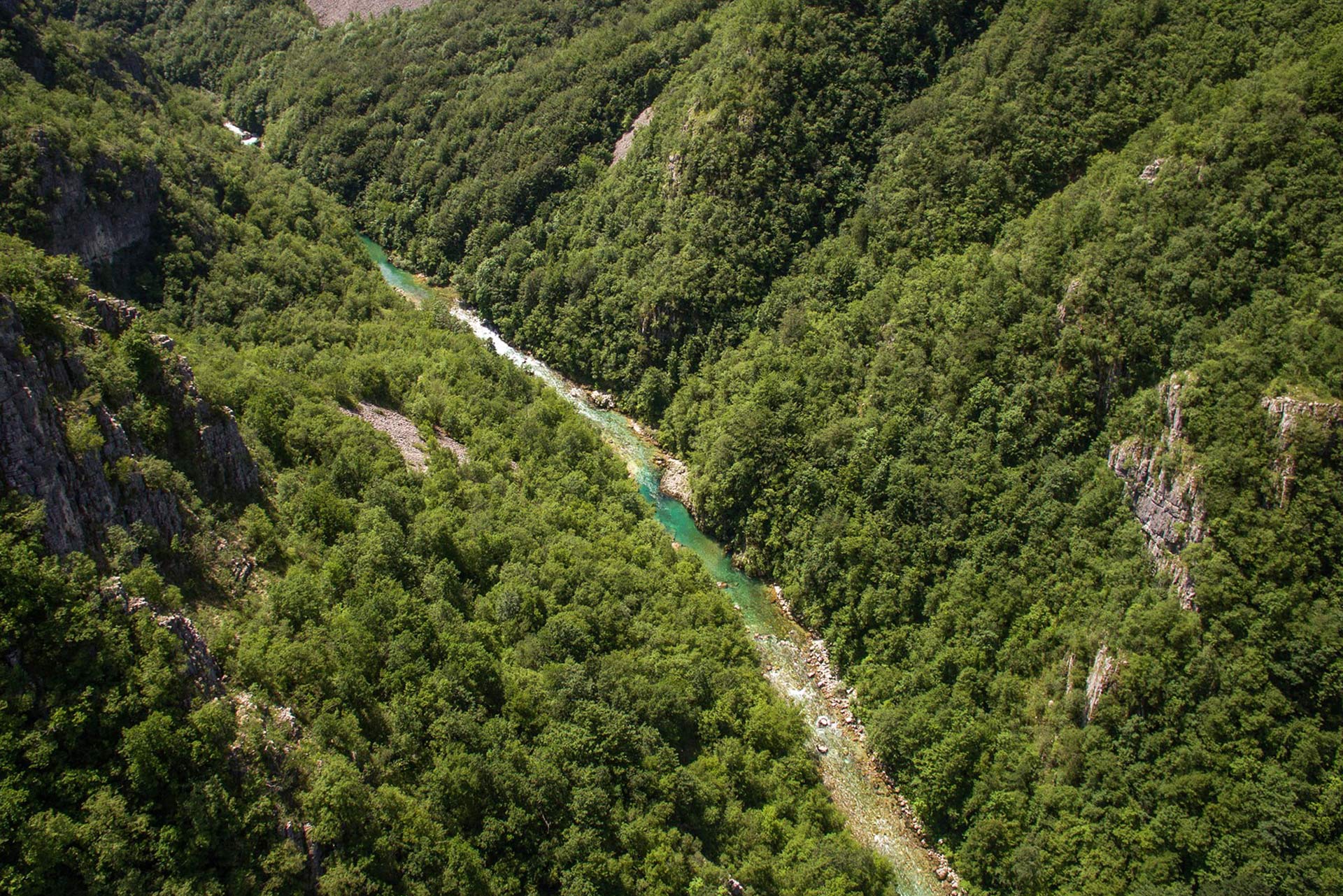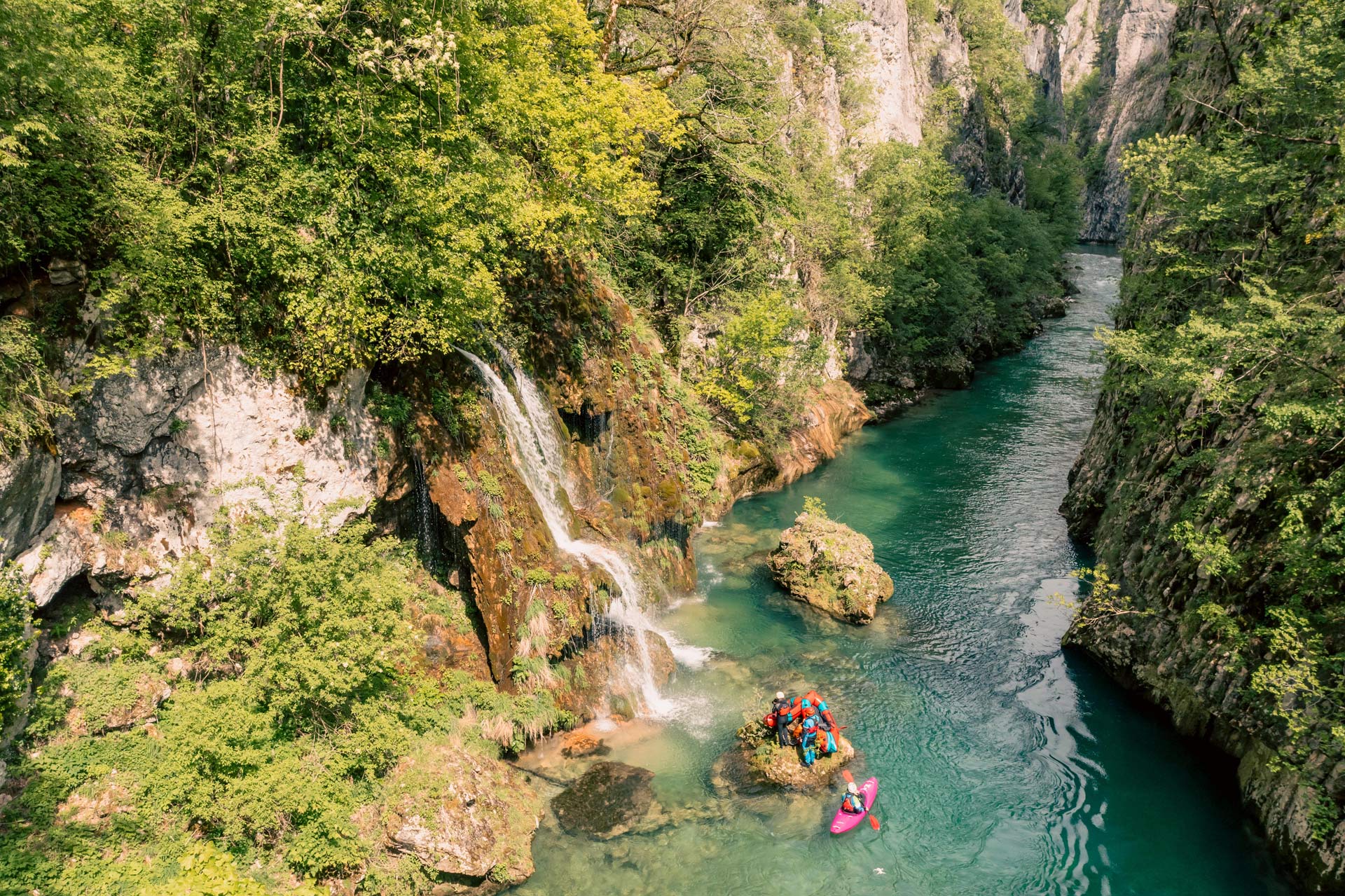 Save the Blue Heart of Europe - A campaign for the protection of Balkan Rivers
Save the Blue Heart of Europe - A campaign for the protection of Balkan Rivers
Scientists across Europe oppose hydropower development in Montenegro’s Komarnica Canyon

A coalition of over 200 international scientists, legal professionals, energy experts, and ecologists—together with more than 20 national NGOs—is calling on the Montenegrin government to immediately halt plans to construct the “Komarnica” hydropower plant in the canyon of the same name. In an open letterto national authorities, the signatories demand the cancellation of the controversial project, citing irreversible environmental damage, political interference, and failure to meet legal obligations.
Despite overwhelming ecological concerns and expert opposition, the Environmental Impact Assessment (EIA) procedure for the Komarnica hydropower project has been marked by serious irregularities. After the revision period, which lasted 855 days, the EIA report was resubmitted in February 2025, several months late and still plagued with significant shortcomings. These issues only strengthen civil society’s position that the report must be fully rejected. However, Montenegro’s Environmental Protection Agency (EPA) has yet to make an official decision. This delay has sparked concern that political pressure from the project developer may be compromising what should be a transparent, science-based process—raising serious questions about accountability and governance.
“We are awaiting the final decision from the EPA and demanding accountability from all responsible parties,” says Andrijana Mićanović, General Secretary of the Montenegrin Ecologists Society. “Approving this project would not only destroy a national treasure, but also further erode public trust in environmental decision-making.”

Despite widespread concerns from experts and civil society, the Montenegrin government appears determined to proceed with the project. Yet no proper cost-benefit, energy, or public interest analyses have been published. Independent assessments show construction costs have nearly doubled since 2012, soaring to €343 million, while the finished hydropower plant would contribute less than 2% to Montenegro’s total energy needs. Experts say that viable alternatives exist, such as hybrid solar and wind energy, which could provide greater returns without sacrificing ecosystems.
The call to stop Komarnica comes at a time when civil society across Montenegro is increasingly alarmed by recent political movesto enable mega-infrastructure investments by international actors that bypass legal norms in environmental governance. The European Commission has also raised serious concerns about how Parliament has paved the way for the development of the 12 km-long Velika beach—an untouched pearl of nature.
“As Montenegro continues its EU accession path, upholding environmental law, ensuring transparent processes, and protecting natural heritage must remain non-negotiable,” says Dr Amelie Huber, Freshwater Project Manager at EuroNatur.
